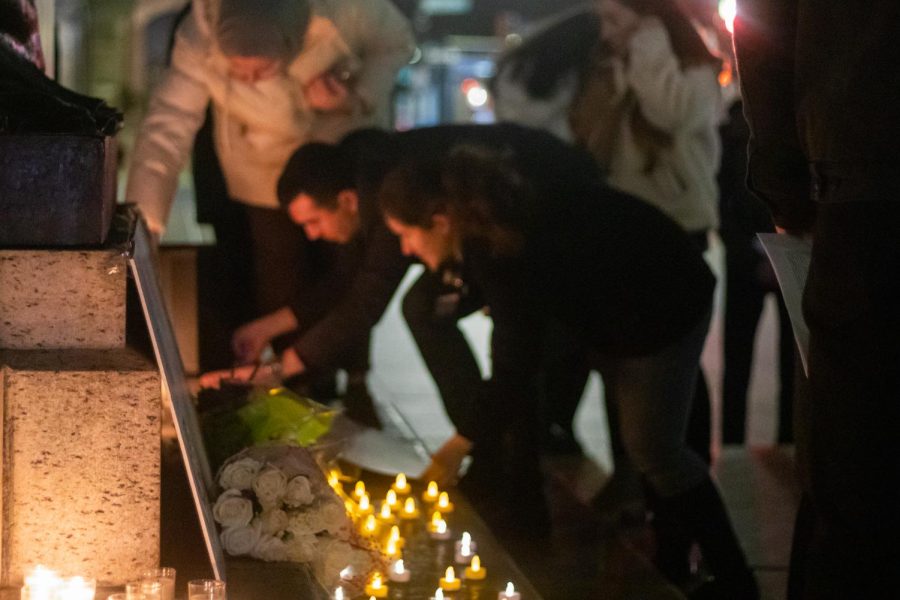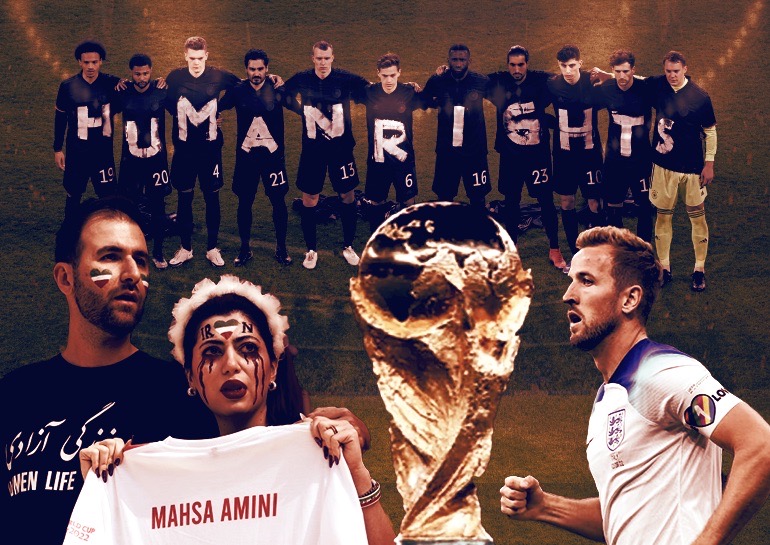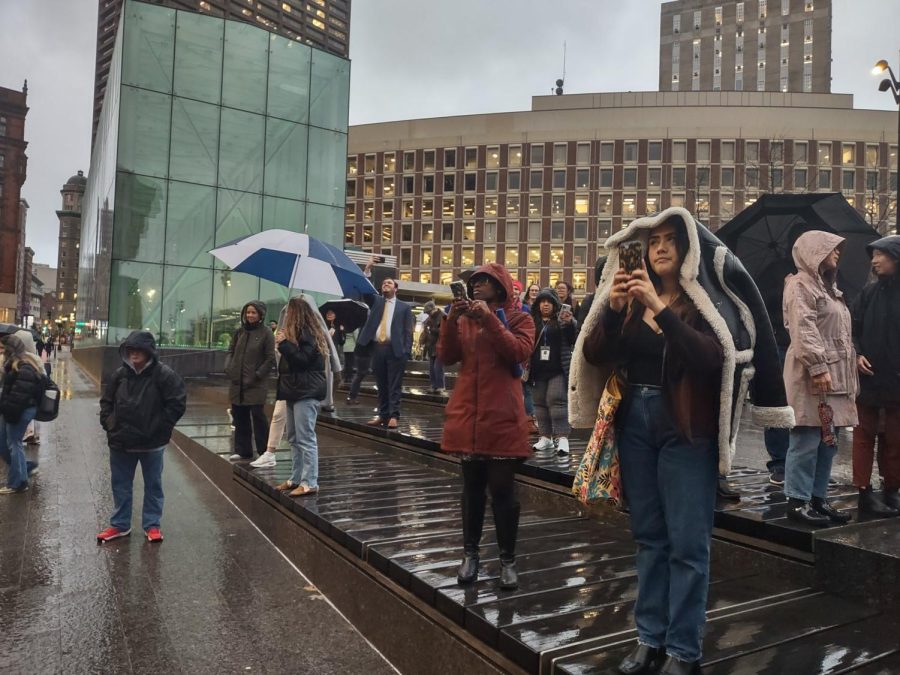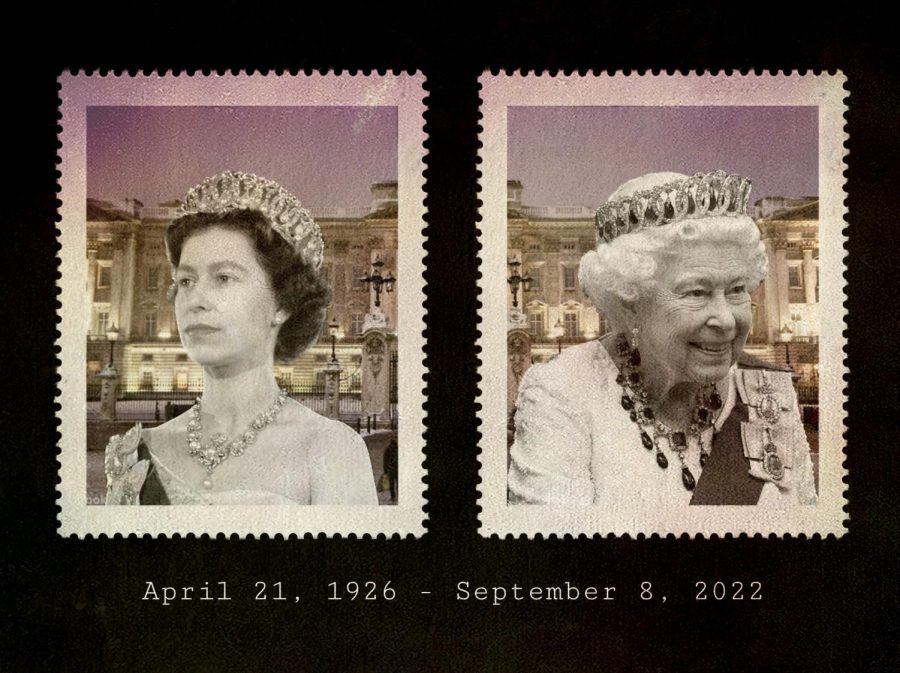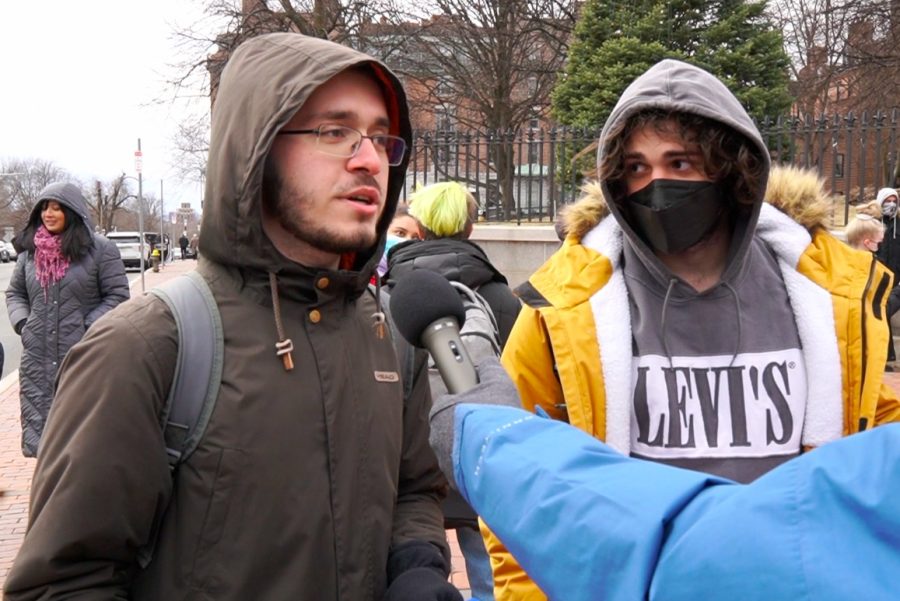The tiny nation of Brunei recently drew the ire of the international community when it declared the new Sharia-based penal code would go into effect on April 3. The most widespread of these new laws is the implementation of capital punishment for homosexuals.
Found in the South Pacific on the Bornean island, the country is smaller than Delaware and home to 428,000 people. Brunei has previously persecuted homosexuals for years – but not to this extent.
With many other countries growing more progressive and accepting of all sexual-orientations, it’s uncommon and troublesome to hear of one going in the other direction.
The Sharia Penal Code Order of 2013, found within the Brunei Constitution, explains crimes and their corresponding punishments.
This order states that if two men engage in intercourse, then they can be sentenced to death.
Two women can receive up to 10 years of imprisonment, an equivalent $30,000 fine, 40 strikes of a cane or a combination of the three. These new laws mostly apply to Muslims, which comprise about 285,000 people of the total population.
Convicting someone has some stringent requirements, however, and perhaps purposefully so. According to the Penal Code Order, a group of Muslims must have witnessed the act, and then report it to authorities. This penalty seems to be a fear tactic more than a legitimate form of banning homosexuality. This has caused Bruneians in the homosexual community to be fearful to share their sexual orientation even with their closest friends.
The Bruneian leader’s reasoning is shoddy and often criticized by many in Brunei. On a nationally-televised speech, Bolkiah said, “I want to see Islamic teachings in this country grow stronger.” He then emphasized that Brunei is a country that devotes its worship to Allah.
However, some analysts believe Bolkiah’s decision is not entirely based on embracing Islamic teaching. Matthew Woolfe, the man behind the Brunei Project, believes Bolkiah is trying to remain in power as the economy become unstable, and gain the support of powerful conservatives.
Bolkiah’s kept the stability of the nation in check by offering zero income tax and government subsidies, but as Woolfe explains, the day of reckoning may be nearing. Unemployment is rising and the oil wells may soon dry out.
Woolfe believes that the populace looked the other way on many of Bolkiah’s past questionable decisions due to these benefits. He says that Bolkiah is trying to introduce harsher Sharia laws to keep the people under control should the country’s situation go awry.
These strict punishments are hardly new for Bruneians. Stealing can result in an amputation and each subsequent offense will result in further dismemberment. Those who insult the Prophet Muhammad or are convicted of black magic can also be put to death. Even overzealous Christmas celebrations or drinking alcohol are crimes, according to the Guardian.
This may seem medieval to someone living in Europe or North America, but harsh punishments like these are relatively common across Africa and the Middle East. In fact, there are still 72 countries that persecute homosexuals and an additional 10 that impose the death penalty — all of which, excluding one, are on the African and Asian continents.
In April 2011, Forbes listed Bolkiah as one of the richest in the world, with a recorded net worth of $20 billion. He resides in a massive palace in the nation’s capital, complete with 1,788 rooms and 257 bathrooms. Bolkiah’s younger brother, Prince Jefri, had his assets frozen after the government oil investment he oversaw was missing a paltry $14.8 billion. According to Vanity Fair, Jefri spent an average of $50 million a month for years. Unfortunately, the list of the Bolkiah’s blatant misuse of the nation’s wealth hardly stops here.
Combined, the Bolkiah royals own 150 additional homes, 9,000 luxury cars, a private zoo and a handful of aircraft. Despite making the Forbes Top 5 for wealthiest in 2012, about half the population of Brunei relies on welfare to survive according, to global poverty advocacy group the Borgen Project.
Bolkiah’s barbaric laws have caused an uproar among celebrities including, Ellen DeGeneres, George Clooney, Elton John and Sam Smith. They have called for boycott of the many hotels owned by Bolkiah, two of which are in Los Angeles, The Beverly Hills Hotel and the Hotel Bel-Air. The remaining are across major cities in Europe.
Advocacy groups including Amnesty International, the United Nations Human Rights Organization and countless LGBTQ+ support groups have called Bolkiah to immediately cease these inhumane and cruel laws.
A notable absence in this situation is another wealthy, hotel-owning leader, President Donald Trump. His silence is unsurprising and according to the Advocate, the White House has yet to comment and deferred inquiries to the state department. In a statement they expressed their concern over the situation and oppose human rights violations.
Whether or not the Bruneian government will actually utilize this new law is uncertain. There have been no executions in the country since 1957, but the renewed sense of fear that Bolkiah’s laws bring cause angst and doubt for the future of the LGBTQ+ community in Brunei.
The pressure is mounting on both Bolkiah’s wealth and his reputation — the only things he seems to value. With the global opinion not nearly in his favor, he may soon have to reconsider his decision.








